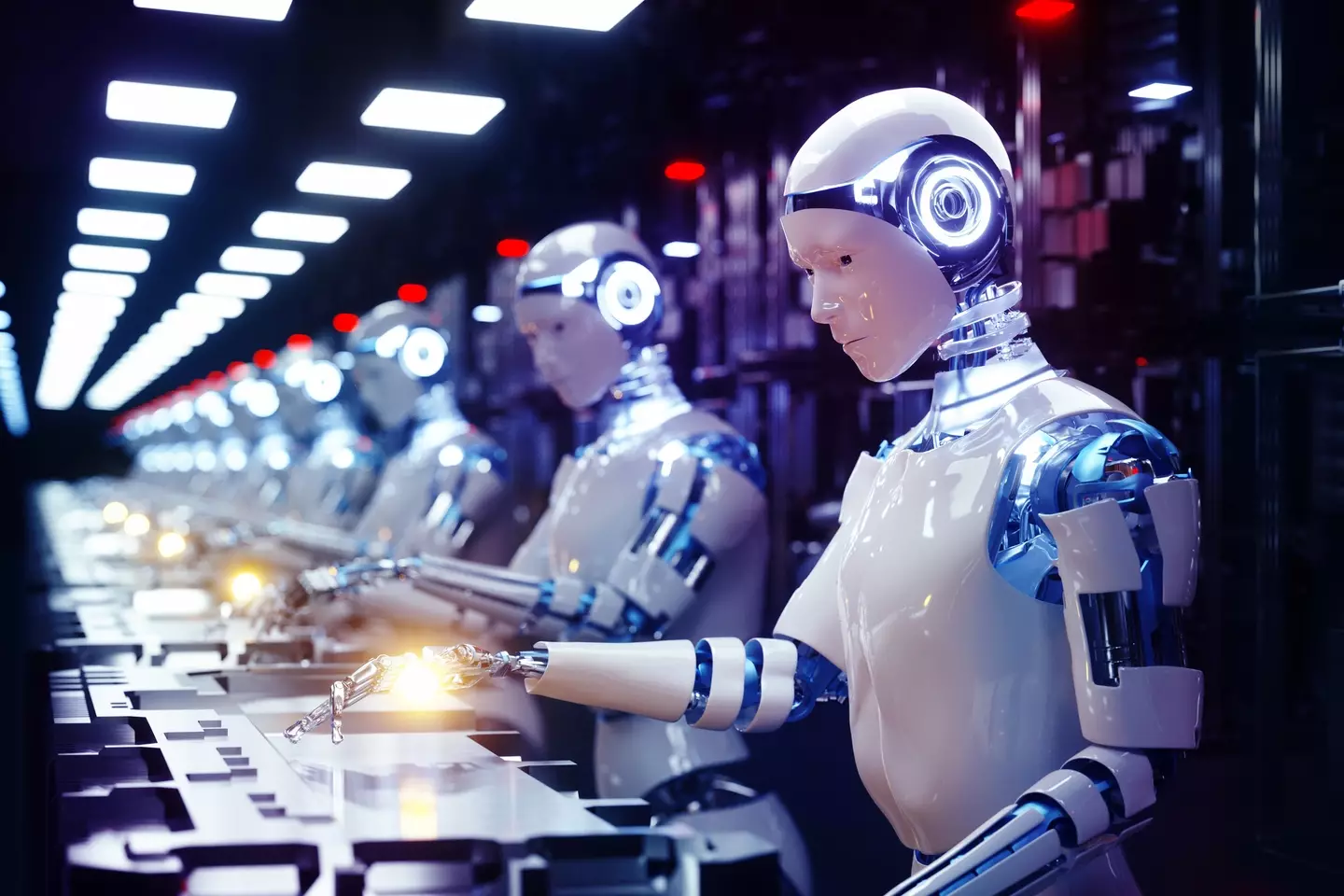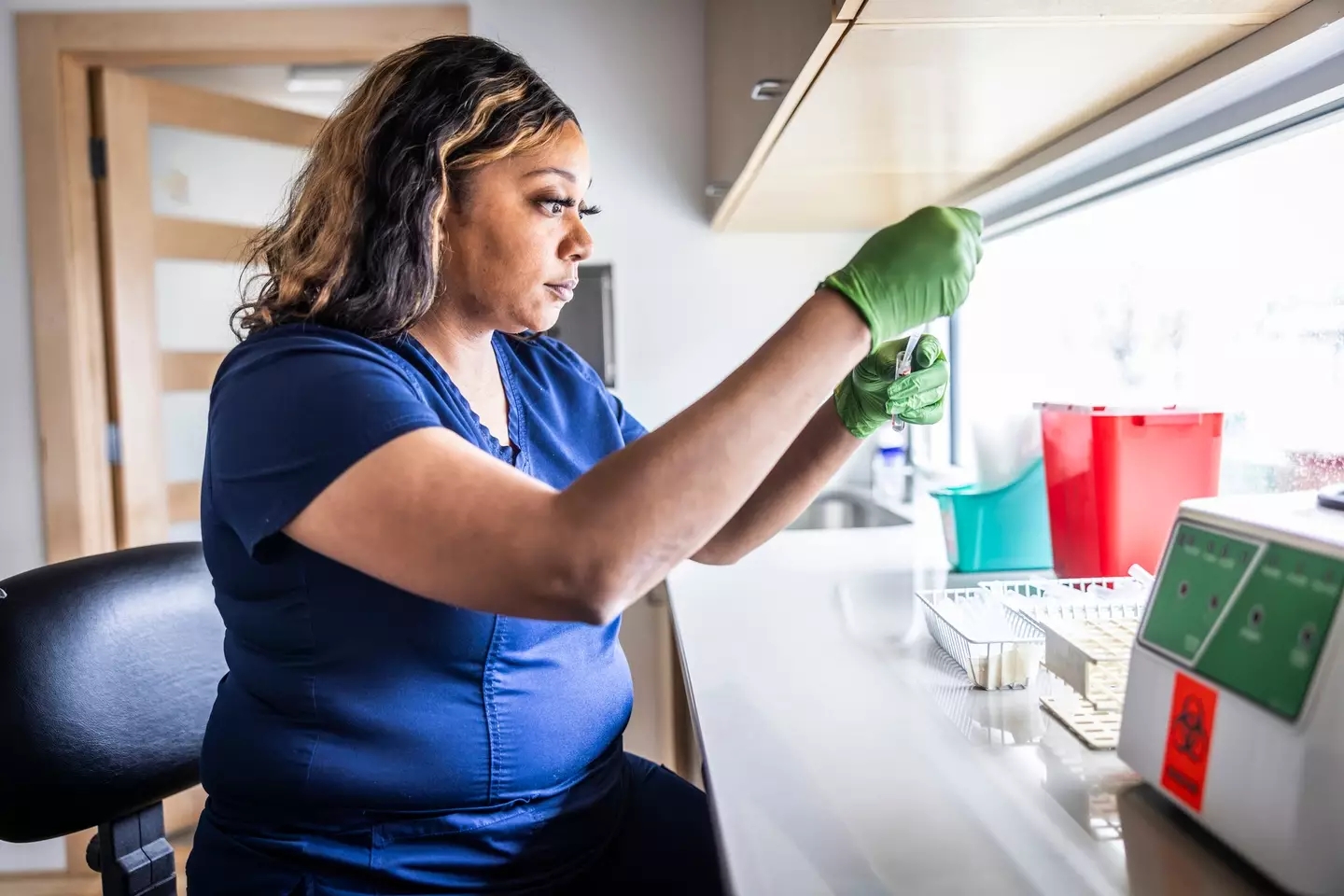
Artificial intelligence has revolutionised almost every sector, but it also means that some jobs have been lost in the process.
One of the world's biggest companies has even released a document which confirms just what jobs have been replaced by machines, and it’s not looking goods.
Thankfully, there is a list of 40 jobs that won’t be displaced by the robots, and if you ever work at this company, one job is safer than the rest.
While there are advantages of artificial intelligence, job losses make it a hard pill to swallow.
Advert
Particularly since AI knows it's smarter than us, and could even wipe out the human race.
Anyway, Microsoft's Bill Gates has previously said he thinks only three jobs will survive the AI revolution, and with the release of its list, it’s clear which jobs it thinks is better off being taken by robots.
As the second-biggest company in the world, Microsoft published a research study revealing 40 jobs that it thinks will be 'safe' from being overhauled by AI, with one taking the top spot.
Of course, when you find out what the number one role it, you’ll understand exactly why it’s irreplaceable in every aspect.

There’s just a need for a human to take on the role, and there’s no way (at least not for a while) that AI could even come close to being as successful.
Microsoft recently let around 9,000 staff go as it began its $80 billion into AI innovation, but they probably didn’t let this department go.
That’s the role of a healthcare phlebotomist.
As a phlebotomist, you kinda need to be in-person and hands on with patients.
So a software couldn't get close to drawing bloods from patients ready to be examined in a laboratory.
I might be able to do the examining via automation and robotics, but there's no way it can take bloods (at least not yet).
It's also doubtful that AI could possess the working requirements to even take over the job.
As per the NHS website, to be one, you need:
- to be caring and kind
- willing to be hands-on with patients
- to be able to put patients at ease - they might feel anxious about giving blood
- able to follow instructions and procedures
- able to work in a team but use your own initiative
- able to explain procedures to patients, careful and methodical
You'll also need:
- good communication skills
- including listening skills
- good organisational and observational skills
As the 'Godfather of AI' Jeffrey Hinton once said, plumbers and other manual jobs are the safest from the grip of AI, and while he didn't mention phlebotomy, Microsoft's research seems to agree.
The 40 most 'secure' jobs include:
- Automotive Glass Installers and Repairers
- Bridge and Lock Tenders
- Cement Masons and Concrete Finishers
- Cleaners of Vehicles and Equipment
- Commercial Divers
- Construction Laborers
- Continuous Mining Machine Operators
- Cooks, Short Order
- Derrick Operators, Oil and Gas
- Dishwashers
- Dredge Operators

However, there are many that just make the cut, which is a shame as a lot of people make great careers out of these roles.
As pointed out by Tom's Guide, the following 40 jobs could be at risk of automation:
- Sales Representatives of Services
- Market Research Analysts
- Management Analysts
- Data Scientists
- Public Relations Specialists
- Technical Writers
- Editors
- Writers and Authors
As a writer myself, this isn’t the greatest thing for me to look at.
So, if you start seeing my name at the top of an article and my sentence structure begins to go crazy, adding out of place eloquence, you’ll know what happened.
